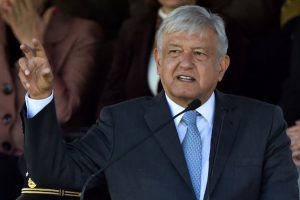
AMLO Update: Why There’s So Much Riding on His Budget Plan
Mexico’s president will present his 2019 budget proposal Saturday with markets increasingly skeptical about his leadership.

Mexico’s president will present his 2019 budget proposal Saturday with markets increasingly skeptical about his leadership.
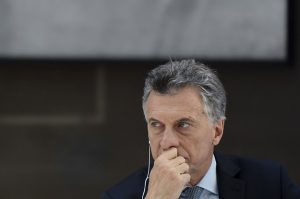
The president is gearing up for an election year in a country mired in recession.

Recent reforms have helped improve Brazil’s business environment. Further changes could do away with the “Brazil cost” once and for all.
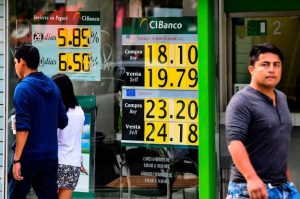
The modus operandi of the incoming government breaks with decades of predictable policies.
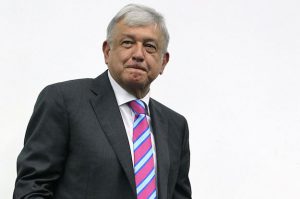
López Obrador’s team pulled in the reins on Congress, after a proposal to limit bank fees hit markets and the peso.
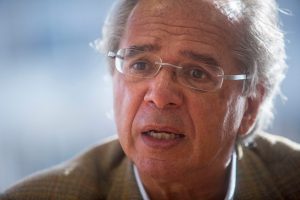
Investors are enthusiastic about President-elect Jair Bolsonaro’s economic guru, but doubts persist about whether he’ll be able to fix an ailing economy.
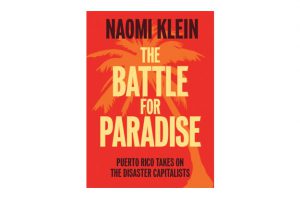
Award-winning journalist and activist Naomi Klein takes on “disaster capitalists” in Puerto Rico.

As microcervejarias estão ajudando a revitalizar o Distrito 4, uma área de Porto Alegre há muito negligenciada.

Economist Monica de Bolle discusses the prospects of a fiscal turnaround under Brazil’s next president on this episode of “Deep South.”

The leader in polls for Brazil’s October election does not have a pro-business past.
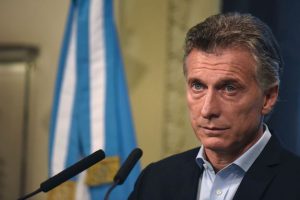
Argentina’s turn to the IMF to relieve pressure on the peso carries significant political risks for the president.
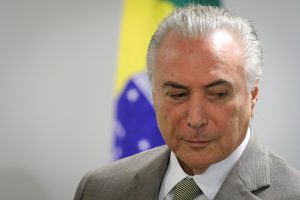
Dogged by scandal, Temer spent his political capital on survival, leaving little for urgently needed reform.
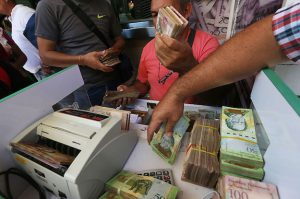
Replacing the bolívar with the dollar would mean losing a policy tool, but the short-term benefits might be worth it.
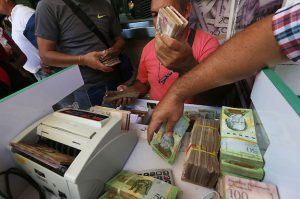
Cambiar el bolívar por el dólar implicaría sacrificar una herramienta monetaria, pero puede valer la pena.

Brazil’s Central Bank raised eyebrows in December when it lowered its target interest rate to 7 percent. That’s high by global standards, and about average for other major emerging markets, but it was a milestone for Latin America’s biggest economy: 7 percent is the lowest key interest rate in Brazil’s history. That Brazil’s all-time lowest … Read more